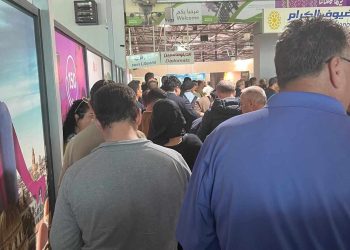By Libya Herald staff.
Tripoli, 14 December 2014:
Whether they have fled just over the border to Tunisia or Egypt or resettled elsewhere, displaced Libyans . . .[restrict]are facing many challenges in exile.
Not only are they often having to deal with post-traumatic stress, grief over the loss of a loved one or anxiety about the future they are frequently discovering that they are not welcome in the countries to which they have fled.
Sometimes, the negativity toward them is indirect. A flippant comment is made: “Oh, we knew when the Libyans arrived because the road filled up with fast, crazy drivers,” or, “The Libyans are driving up rents because they refuse to haggle.” However, these seemingly innocuous comments conceal a growing anger toward the “outsiders”.
In some cases, the discrimination is more direct.
In Egypt, the government shut down the four Libyan 17 February Schools of the Martyrs in Cairo and Alexandria at the beginning of November. Citing licensing problems, the move has put a halt to the education of more than 2,000 students. A legal battle continues to reopen the schools.
According to Tunisian activist Bachir Essid, who heads the International Justice Committee for the Defence of the Persecuted and Displaced Inside and Outside Libya, Libyans in Tunisia face harassment and threats including deportation on the basis of trumped up charges.
Indeed, the risk of deportation for Libyan exiles has become of such great concern that Human Rights Watch has called on all countries to stop deporting Libyans, warning that anyone forcibly returned to any part of Libya would be exposed to a real risk of serious harm.
Estimates for the number of Libyans sheltering in Tunisia and Egypt vary widely. There could be between 500,000 and one million Libyans in Tunisia, and between 50,000 and 100,000 in Egypt. [/restrict]









